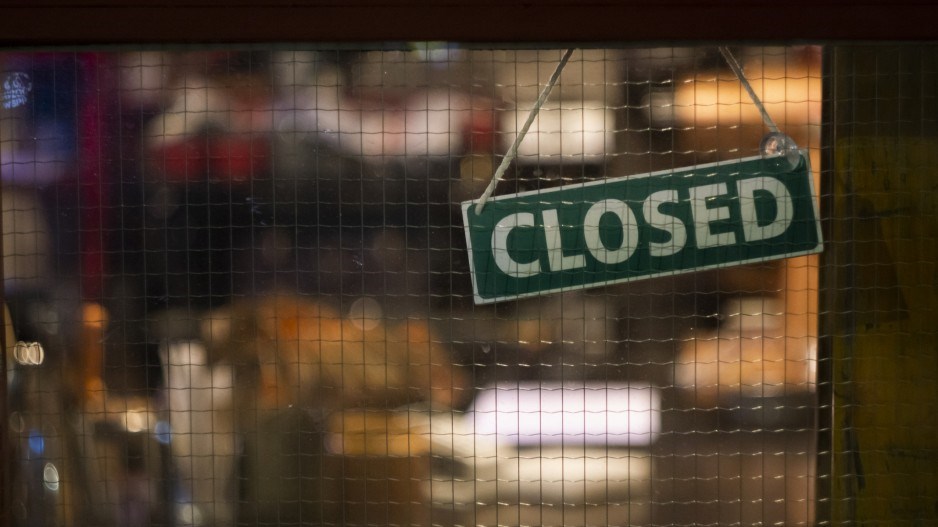First and foremost, the Guide Outfitters Association of BC (GOABC) supports reconciliation with First Nations. Our industry is rooted in First Nations history and remains closely tied to it to this day, with more than 30 First Nations or First Nations people owning guide territories, and many more involved in the sector. We understand that reconciliation is complex and multifaceted.
True reconciliation must be more than signatures and celebrations. It must heal communities—both Indigenous and non-Indigenous. If anyone who calls B.C. home is left behind, then we all still have work to do. Our concern is not with the intent of reconciliation, but rather in how it is being executed by the B.C. government. The B.C. government has left business undone.
The Supreme Court of Canada’s decision in the Tŝilhqot’in case—also known as the Williams decision—was unprecedented and left the provincial government responsible for finding a way to make things right. Government’s response has been poor, slow, incomplete and grossly unacceptable to the B.C. families who have lost their livelihoods. A decade has passed since the court decision, and the B.C. government has totally and completely failed to address the impacts to third parties who do not appear to have been considered relevant to the process, and whose lives have been upended.
B.C.’s version of reconciliation has destroyed small family businesses and harmed relationships between Indigenous and non-Indigenous neighbours, undermining the cohesion of previously tightly knit rural communities. Four outfitters, along with other local businesses, are to varying degrees being denied access to 1,750 square kilometres of title lands. These businesses have been operating on those lands—and authorized and licensed by the province to do so—for decades.
The mismanagement of this process has tarnished the entire reconciliation project, possibly irreparably. There is a palpable lack of interest from government in advancing true reconciliation. With all other options now exhausted, GOABC sees no other solution but for the province to facilitate the purchase and transfer of businesses to the local First Nations government and pay compensation to make impacted businesses whole again.
A core, unilaterally applied tenet of reconciliation in B.C. must be: “Do no harm.” When done right, reconciliation brings healing to both Indigenous and non-Indigenous communities. Furthermore, reconciliation is the responsibility of all British Columbians and should not be borne disproportionally by a select few families, businesses or industries. However, the current haphazard process is actively undermining its stated goals and is creating deep divisions in rural communities.
Ten years after the Williams decision, locals report that relations between Indigenous and non-Indigenous people are worse than they have ever been.
There is no need for this—the solutions are clear and have been on the table for years. But government has refused to take any actions to remedy the situation and advance the cause of true reconciliation.
GOABC is looking for a fundamental shift in government’s reconciliation efforts. As part of the reconciliation process, impacts to all affected parties need to be considered, and fair compensation needs to be included for all businesses that are impacted by land-back decisions.
True reconciliation is difficult and when not done well, can have catastrophic impacts to small businesses, the provincial economy and local communities—both Indigenous and non-Indigenous. Reconciliation clearly demands changes, and hard decisions that may not be welcomed by all. We all need to adapt to the evolving landscape and find a way that all who call British Columbia home are considered fairly and with respect.
Scott Ellis is CEO of the Guide Outfitters Association of BC.




